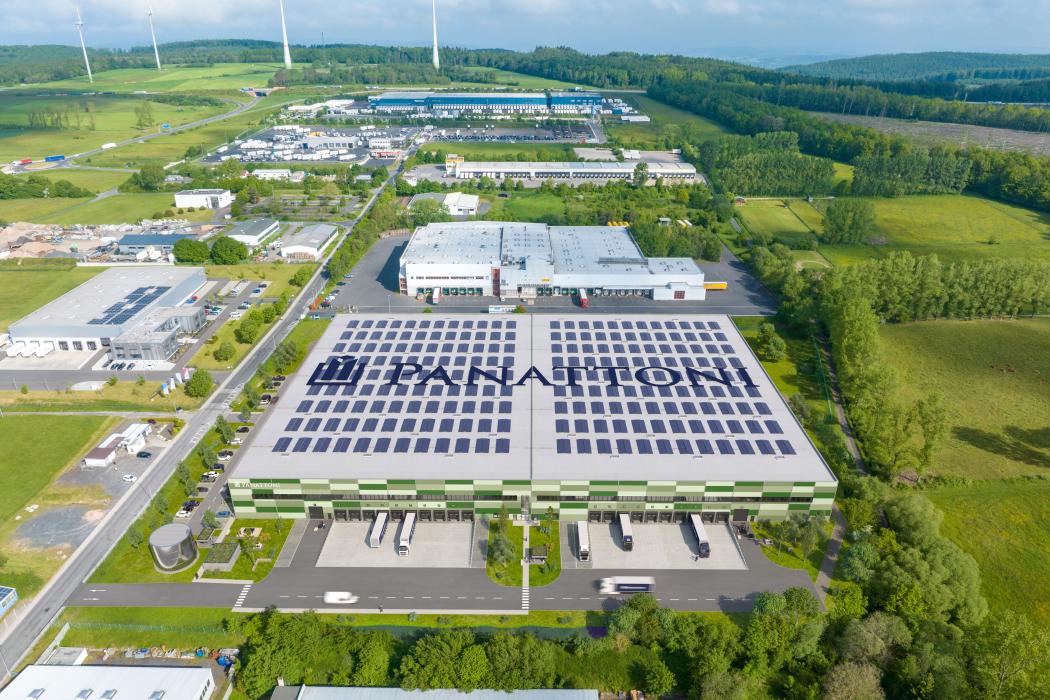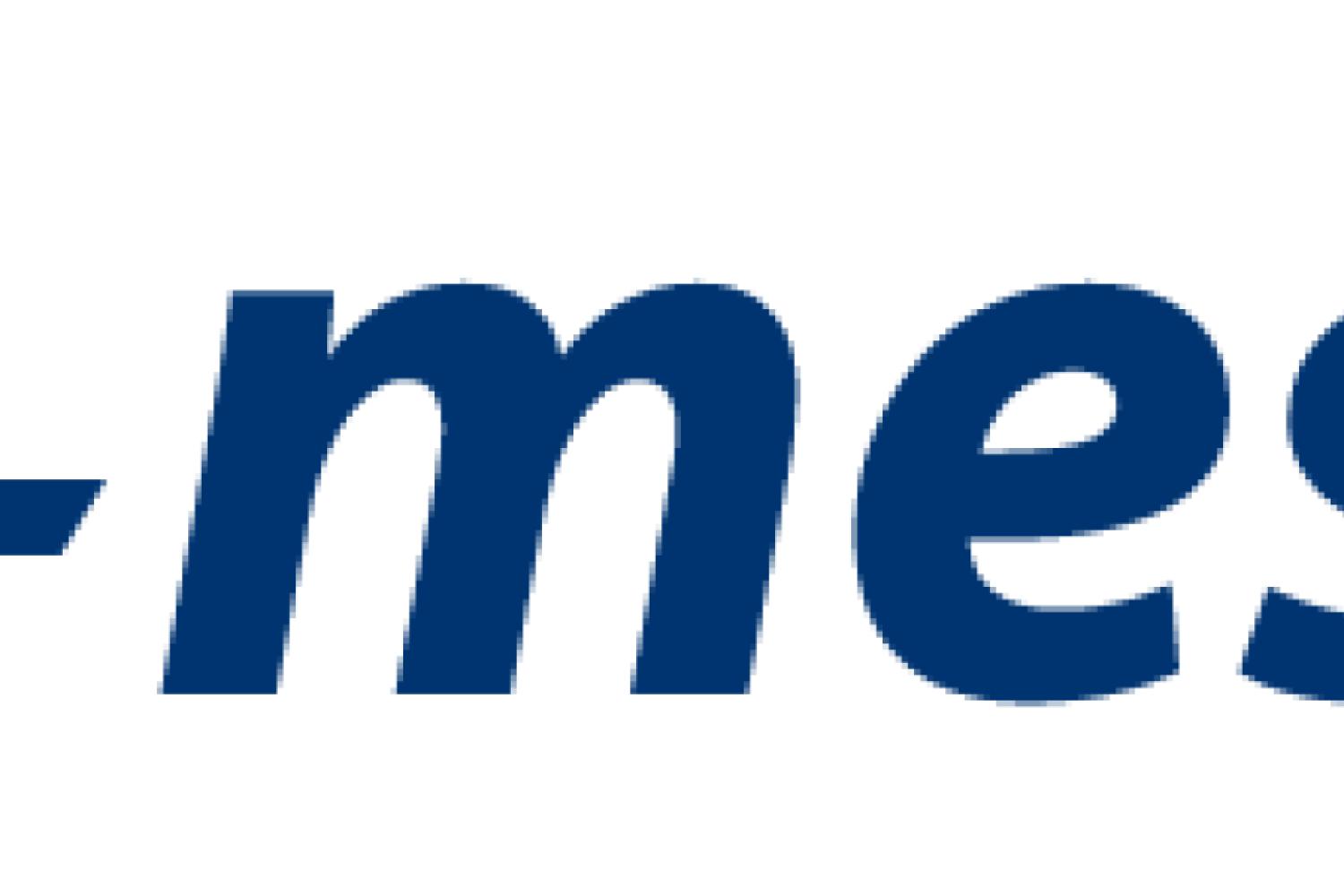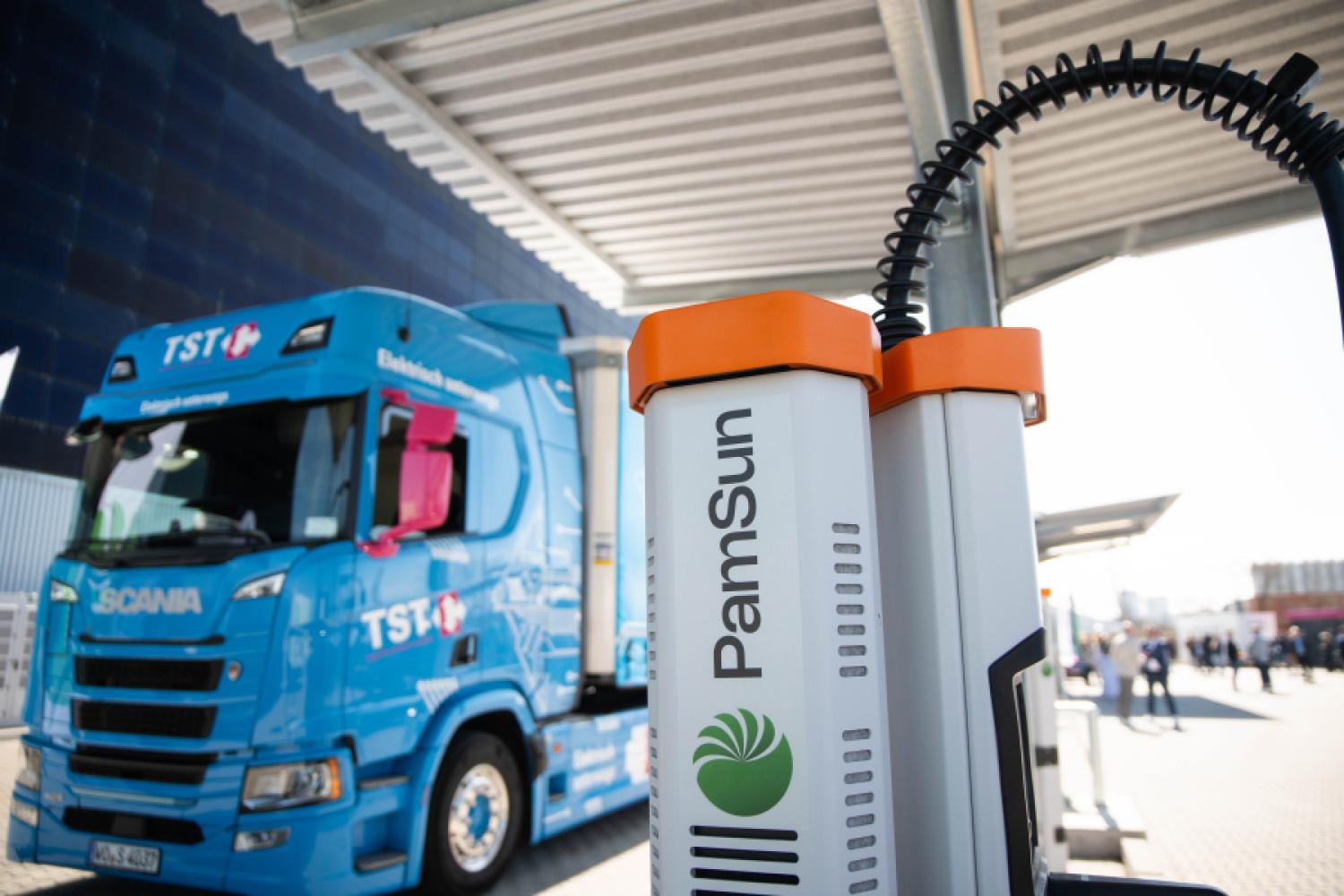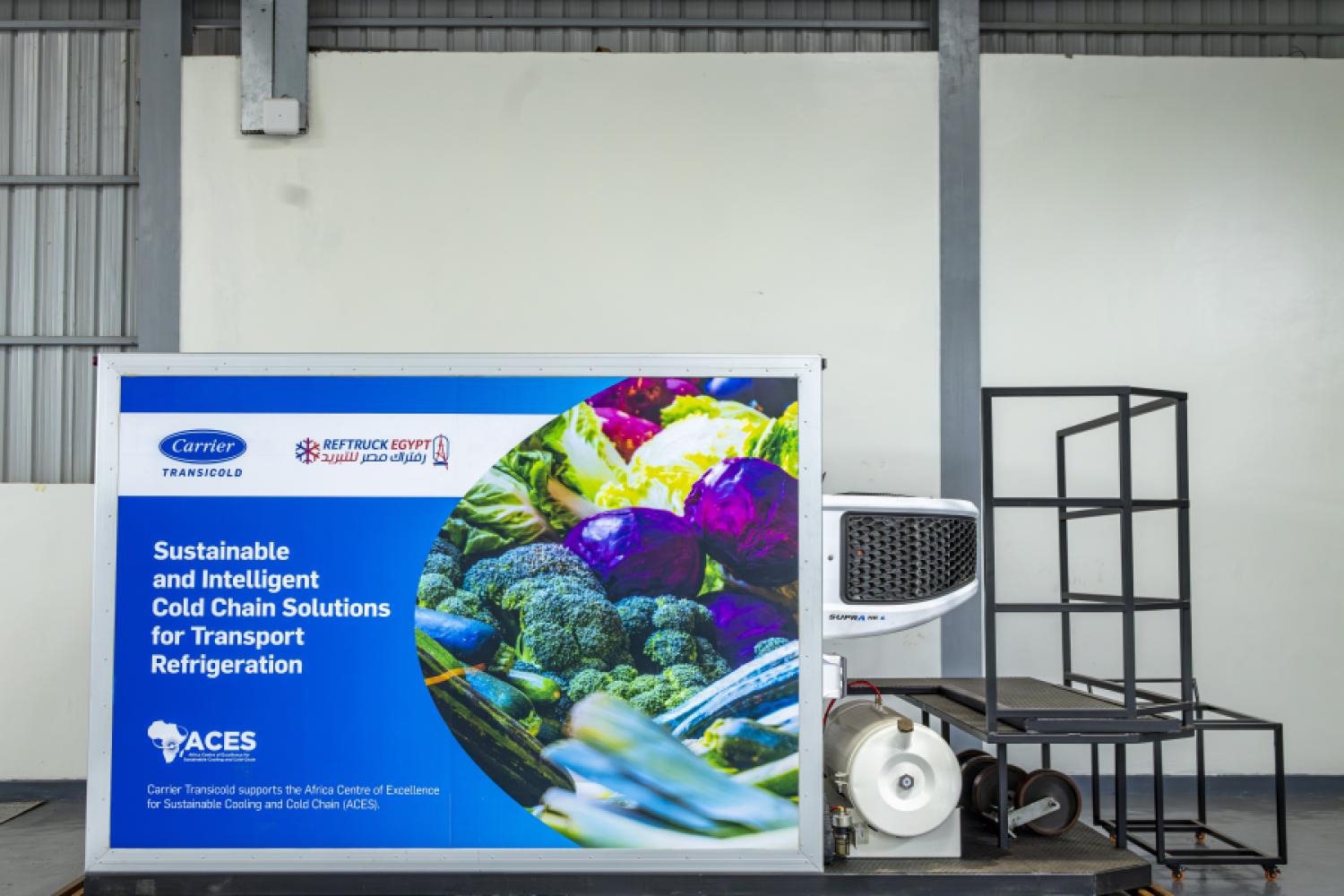The German market for warehouse and logistics space also shows little dynamism in the second quarter of 2025: Since the beginning of the year, only two of the 20 markets considered have registered rising prime rents for spaces of more than 5,000 square meters, and even that only in the low single-digit range, according to an analysis by JLL Germany from July 7. However, unlike in the start quarter, declining prime rents were absent.
Specifically, the markets with increased prime rents since the beginning of 2025 are the two Hessian markets considered in the analysis: Values there rose by three percent each, so that in Frankfurt up to 8.20 euros per square meter and in Kassel/Bad Hersfeld up to 6.10 euros per square meter are being asked.
"The industrial and logistics market in Frankfurt is particularly in demand due to its strategically favorable location and large catchment area,
which is why there is now a scarcity of space there," said Sarina Schekahn, Head of Industrial & Logistics Agency JLL Germany. "The lack of space and the added competition from data centers are leading to rising land costs, which are passed on to tenants upon acquisition." Additionally, there is a shortage of new properties, making Frankfurt clearly a landlord's market.
Compared to the second quarter of the previous year, several other markets recorded growth in prime rent. For example, it increased by 24 percent in Berlin to 10.50 euros per square meter. The previously observed and now added to this overview metropolitan region Rhein-Neckar recorded an increase of 17 percent to 8.20 euros per square meter. Essen continued to increase by seven percent (8.00 euros per square meter) as well as an increase of three percent each for Hannover/Braunschweig (6.40 euros per square meter), Kassel/Bad Hersfeld (6.10
euros per square meter) and Frankfurt (8.20 euros per square meter).
"The sentiment in the market for industrial and logistics properties has improved, albeit only minimally," Schekahn continued. "Inquiries are increasing again, but whether and how strongly the more positive sentiment will also translate into leases will become apparent over the course of the year."
Ultimately, the mix of economic and political challenges continues to lead to uncertainty among some users. Geopolitical uncertainties also influence a potentially increasing future demand from the defense sector. Once these users have rented a suitable production location, they would try to secure additional space in the vicinity to strategically optimally integrate the inflow and outflow into their processes.
"A relevant share is currently held primarily by Asian market participants, often from the e-commerce segment, who are primarily seeking quickly available properties in the mostly lower price segment in western Germany and therefore
exert only minimal influence on the development of prime rents," Schekahn noted.
The most expensive locations for logistics and industrial properties have meanwhile maintained their positions: Munich continues to demand the highest rents at 10.70 euros per square meter, while Berlin comes in at up to 10.50 euros per square meter. Düsseldorf lands in third place with 9.00 euros per square meter, followed by Stuttgart (8.75 euros per square meter) and Cologne and Hamburg each with 8.50 euros per square meter.
A look back at the past five years shows how sharply prime rents in the market for logistics and industrial properties have increased: In Berlin, the value rose by a significant 91 percent (approximately five euros per square meter more) and in the last place Hannover/Braunschweig by still 16 percent (approximately 0.90 euros per square meter). In eleven of the 20 markets considered, growth was more than






